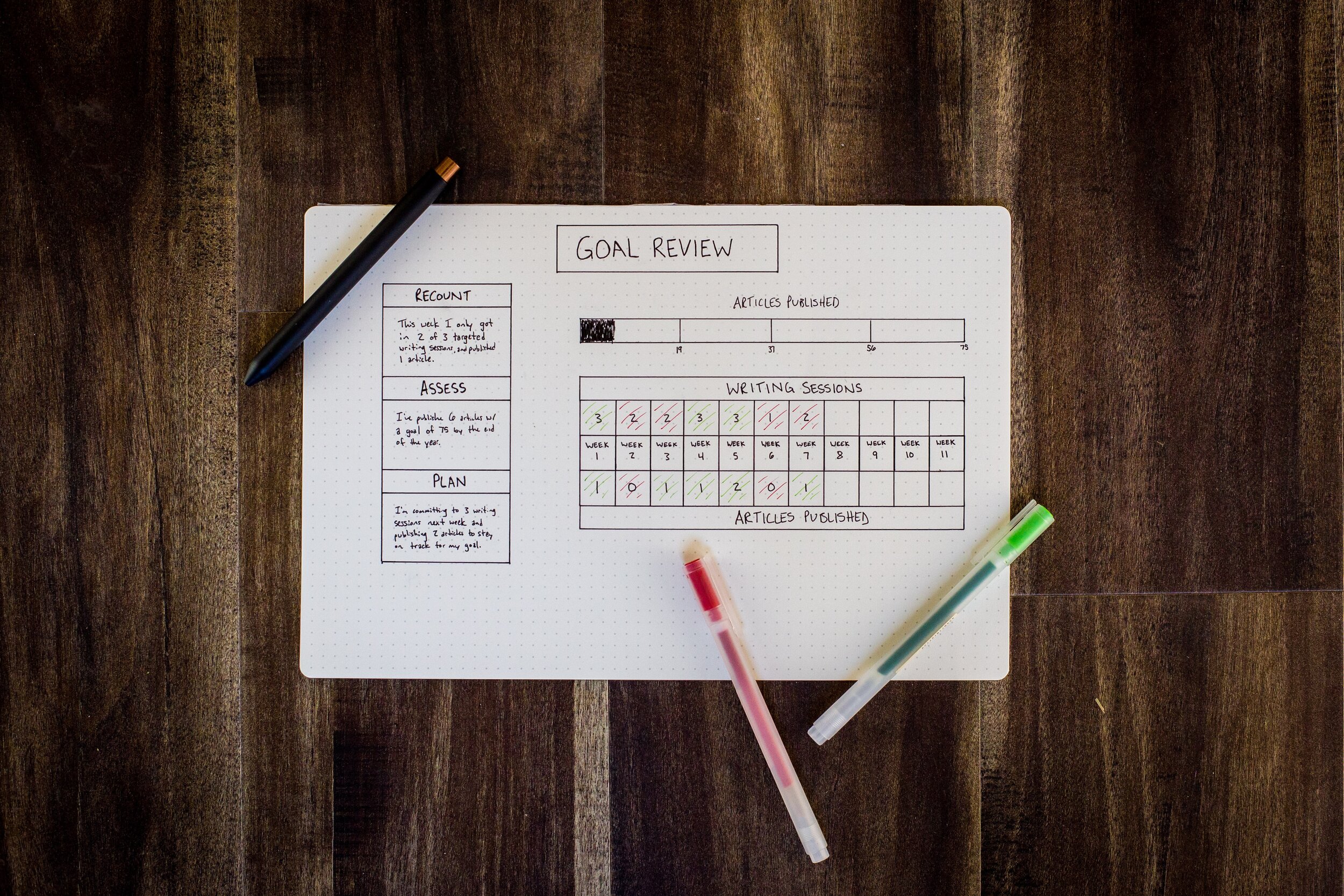Depression

We are always encountering stressful situations and have to determine the best ways to manage these in order to reduce anxiety and fear. As the Coronavirus pandemic continues, it is easy to feel fear and anxiety, amidst a global crisis. There is uncertainty around many things at present however this does not mean that you cannot use strategies to remain in the present and turn your thoughts away from those anxieties to other thoughts as well as ideas around what the future may hold at the end of this experience. There are strategies that can be used to remain in the present moment, pushing forward through anxiety.

Martin Seligman, one of the founding fathers of Positive Psychology, recommends the “Put It In Perspective” exercise to help refocus the brain and reduce anxiety. This practice focuses first on deciding the worst-case scenario, which our brains typically tend to do first, moves to the best-case scenario, and then settles on the most likely scenario. In this way, thoughts move from those that are irrational to those that are rational.

It remains uncertain how long this pandemic will last or the true impact it will have. Additionally, we still know little about the virus itself and how it impacts our daily lives moving forward. We still need to figure out what concerns we should have, as there are so many unknowns. However, what we do know right now is that everyone is impacted by this pandemic. Thus, it is time for us all to come together for a common goal, and utilize positive coping strategies to work through the present moment and any negative feelings that arise. This notion also gives comfort as we know we are not alone, we are all experiencing this.

Marsha Linehan highlights that pain cannot be avoided, it is part of life. Radical acceptance is a beneficial tool that leads us away from suffering to freedom and calmness, enabling us to make choices without negative emotions leading those choices.

Some tips on how to cope with chronic pain.

We often blame procrastination for not being able to get things done. However, our inability to complete things is often more of an underlying problem related to low self-esteem, fear of failure, difficulty setting goals, trouble creating a work-life balance, perfectionism or others. It’s important to uncover what the underlying concern is and address it in order to take action. Here are some tips to decrease procrastination and take action:

Brian Tracy is a motivational speaker that has posed a 7-step formula for increasing your productivity by 1000%. Tracy’s formula is based on incremental improvements. The idea is to increase productivity, performance and output by a small amount such as 0.1% or 1% each day.

An easy way to really focus on your career passion is by giving things away. Read this blog for further elaboration!

